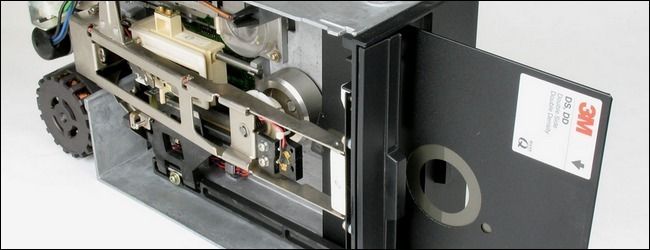What drive letters should not be used (because they are used by Win)?
After a new install of Win it uses / assigns special drive letters, e.g. C: for Win and, I believe, G: for DVD drives? Or is it H:? So these letters obviously should not be used for one's (external) hard drives, etc. Are there further letters which should not be used by the user (to avoid conflicts)?
After a new install of Win it uses / assigns special drive letters, e.g. C: for Win and, I believe, G: for DVD drives? Or is it H:? So these letters obviously should not be used for one's (external) hard drives, etc. Are there further letters which should not be used by the user (to avoid conflicts)?
Last edited:

 and tried to avoid using D: and E: to automatically be assigned by Win. E.g for USB Sticks, SD Cards, etc. I guess, I have only two letters left to use, all the others already are in use. After a new Win installation I have to assign the letters of all of the hard drives again, that is annoying. And it is error prone when Win assigns wrong letters for these drives.
and tried to avoid using D: and E: to automatically be assigned by Win. E.g for USB Sticks, SD Cards, etc. I guess, I have only two letters left to use, all the others already are in use. After a new Win installation I have to assign the letters of all of the hard drives again, that is annoying. And it is error prone when Win assigns wrong letters for these drives.

